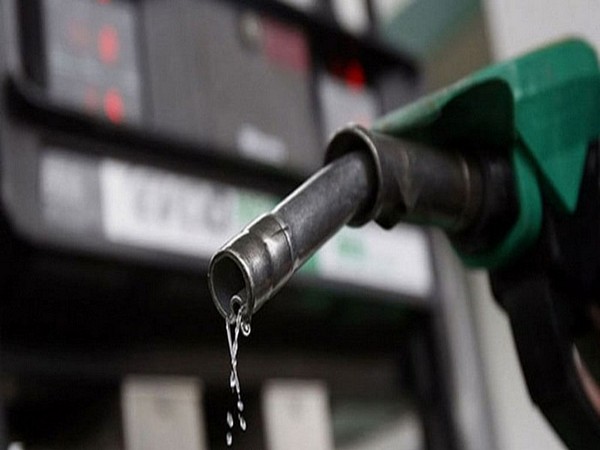“Moody’s Forecasts No Fuel Price Hike Amid Rising Crude Costs Ahead of Elections”
Moody’s Investors Service suggests that petrol and diesel prices in India are unlikely to see an increase despite higher raw material costs. The freeze on prices by major state-owned fuel retailers, including Indian Oil Corporation, is expected to continue as elections loom in May 2024. Moody’s cites the impact of rising crude oil prices on the profitability of oil marketing companies and the limited flexibility to pass on higher costs in an election year. Despite the challenges, strong earnings in the first quarter of fiscal 2024 are expected to bolster the sector’s performance.


Moody’s Investors Service has indicated that despite increasing raw material costs, petrol and diesel prices in India are unlikely to witness a hike. This decision is primarily attributed to the forthcoming general elections, scheduled for May 2024, and the freeze on fuel prices by major state-owned fuel retailers.
Indian Oil Corporation (IOC), Bharat Petroleum Corporation Ltd (BPCL), and Hindustan Petroleum Corporation Ltd (HPCL), which collectively control roughly 90 percent of the fuel market, have maintained stable petrol and diesel prices for an unprecedented 18 consecutive months. This has occurred despite a surge in the cost of raw materials, particularly crude oil, leading to significant losses in the first half of the 2022-23 fiscal year. The situation improved as oil prices eased, ultimately restoring profitability.
International oil prices have surged since August, resulting in negative margins for these three retailers once again. Moody’s noted that “high crude oil prices will weaken the profitability of the three state-owned oil marketing companies in India,” but the upcoming elections limit their flexibility to raise retail prices.
Moody’s also highlighted that marketing margins for diesel turned negative since August, while margins for petrol narrowed due to rising international prices. Crude oil prices increased by approximately 17 percent in September alone, reaching over USD 90 per barrel, up from an average of USD 78 per barrel in the first quarter of fiscal 2024. The price surge can be attributed to production cuts by the Organization of the Petroleum Exporting Countries (OPEC) and extended export cuts by Russia.
However, Moody’s anticipates that high oil prices may not be sustained for an extended period as global economic growth weakens. They expect gross refining margins (GRMs) and international prices for transportation fuels to moderate in the coming quarters, as concerns over China’s economic slowdown dampen demand while supply increases due to refinery maintenance activities.
Despite the challenges posed by the freeze on fuel prices, the strong earnings of oil marketing companies (OMCs) in the first quarter of fiscal 2024 are expected to buoy their overall performance. Moody’s predicts that even if crude oil prices remain at current elevated levels (USD 85 to USD 90 per barrel) in the second half of fiscal 2024, the OMCs’ fiscal 2024 earnings will remain strong and higher than historical levels. However, a further increase in crude oil prices to around USD 100 per barrel in the second half of fiscal 2024 could result in EBITDA losses for the OMCs.
Among the three OMCs, IOCL and BPCL are deemed better positioned to withstand rising crude oil prices compared to HPCL, primarily due to differences in their business profiles. IOCL and BPCL, with their larger-scale operations and high integration between refining and marketing segments, are more resilient to adverse changes in the operating environment. HPCL, with a smaller scale and a greater reliance on marketing operations, is considered more vulnerable to unfavorable price movements.
Moody’s also noted that strong earnings in the first quarter of fiscal 2024 and lower crude oil prices compared to fiscal 2023 have allowed OMCs to reduce their borrowings and strengthen their financial positions. The Indian government’s ₹30,000 crore capital support for the oil marketing sector, announced earlier this year, is expected to further enhance cash flows for OMCs and partially cover their capital spending needs.
While IOCL and BPCL have already announced rights issues to the government, Moody’s did not factor these proceeds into its projections due to uncertainties regarding their timing and quantum at this time.
Sources By Agencies







